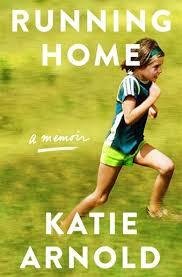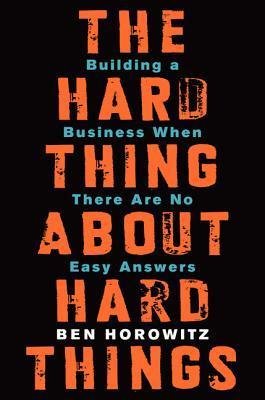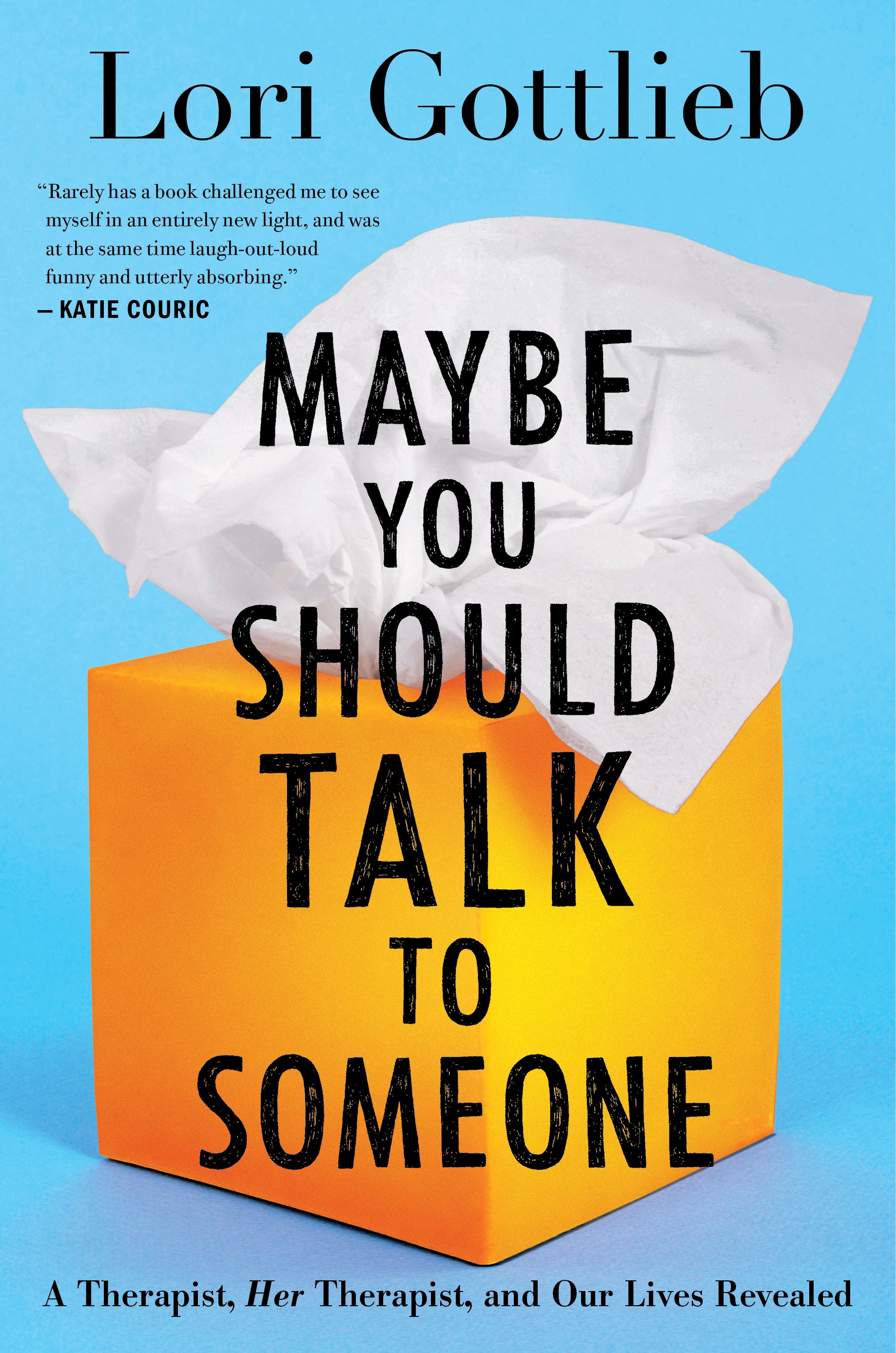
Reviews

Running Home
I’m running to forget, and to remember.
For more than a decade, Katie Arnold chased adventure around the world, reporting on extreme athletes who performed outlandish feats—walking high lines a thousand feet off the ground without a harness, or running one hundred miles through the night. She wrote her stories by living them, until eventually life on the thin edge of risk began to seem normal. After she married, Katie and her husband vowed to raise their daughters to be adventurous, too, in the mountains and canyons of New Mexico. But when her father died of cancer, she was forced to confront her own mortality.

The Hard Thing About Hard Things
In “The Hard Thing About Hard Things”, Ben Horowitz, cofounder of Andreessen Horowitz and one of Silicon Valley's most respected and experienced entrepreneurs, draws on his own story of founding, running, selling, buying, managing, and investing in technology companies to offer essential advice and practical wisdom for navigating the toughest problems business schools don't cover. His blog has garnered a devoted following of millions of readers who have come to rely on him to help them run their businesses. A lifelong rap fan, Horowitz amplifies business lessons with lyrics from his favorite songs and tells it straight about everything from firing friends to poaching competitors, from cultivating and sustaining a CEO mentality to knowing the right time to cash in.

Big Mushy Happy Lump (Sarah’s Scribble’s #2)
Sarah Andersen's second comics collection picks up right where the first left off - huddled under a pile of blankets avoiding the responsibilities of the real world. These new comics (and illustrated personal essays!) follow the ups and downs of the unrelenting self-esteem roller coaster that is young adult life: budgeting woes, cramps, the nuances of sweater theft, and the joy of staying home all day with a box of pizza. All aboard.

The Happiness Project
Gretchen Rubin had an epiphany one rainy afternoon in the unlikeliest of places: a city bus. “The days are long, but the years are short,” she realized. “Time is passing, and I’m not focusing enough on the things that really matter.” In that moment, she decided to dedicate a year to her happiness project.

Shoe Dog
In this candid and riveting memoir, for the first time ever, Nike founder and CEO Phil Knight shares the inside story of the company’s early days as an intrepid start-up and its evolution into one of the world’s most iconic, game-changing, and profitable brands.
In 1962, fresh out of business school, Phil Knight borrowed $50 from his father and created a company with a simple mission: import high-quality, low-cost athletic shoes from Japan. Selling the shoes from the trunk of his lime green Plymouth Valiant, Knight grossed $8,000 his first year. Today, Nike’s annual sales top $30 billion. In an age of startups, Nike is the ne plus ultra of all startups, and the swoosh has become a revolutionary, globe-spanning icon, one of the most ubiquitous and recognizable symbols in the world today.

The Widow Clicquot
“The Widow Clicquot” is the New York Times bestselling business biography of the visionary young widow who built a champagne empire, became a legend in her tumultuous times, and showed the world how to live with style.
Tilar J. Mazzeo brings to life the woman behind the label, Barbe-Nicole Clicquot Ponsardin, in this utterly intoxicating book that is as much a fascinating journey through the process of making this temperamental wine as a biography of a uniquely tempered and fascinating woman.

Funny, You Don't Look Autistic: A Comedian's Guide to Life on the Spectrum
Like many others on the autism spectrum, 20-something stand-up comic Michael McCreary has been told by more than a few well-meaning folks that he doesn’t “look” autistic. But, as he’s quick to point out in this memoir, autism “looks” different for just about everyone with Autism Spectrum Disorder (ASD).
Diagnosed with ASD at age five, McCreary got hit with the performance bug not much later. During a difficult time in junior high, he started journaling, eventually turning his pain e into something empowering—and funny. He scored his first stand-up gig at age 14, and hasn't looked back.

The Life-Changing Magic of Tidying Up
Despite constant efforts to declutter your home, do papers still accumulate like snowdrifts and clothes pile up like a tangled mess of noodles?
Japanese cleaning consultant Marie Kondo takes tidying to a whole new level, promising that if you properly simplify and organize your home once, you'll never have to do it again. Most methods advocate a room-by-room or little-by-little approach, which doom you to pick away at your piles of stuff forever. The KonMari Method, with its revolutionary category-by-category system, leads to lasting results. In fact, none of Kondo's clients have lapsed (and she still has a three-month waiting list).

Maybe You Should Talk to Someone: A Therapist, Her Therapist, and Our Lives Revealed
One day, Lori Gottlieb is a therapist who helps patients in her Los Angeles practice. The next, a crisis causes her world to come crashing down. Enter Wendell, the quirky but seasoned therapist in whose office she suddenly lands. With his balding head, cardigan, and khakis, he seems to have come straight from Therapist Central Casting. Yet he will turn out to be anything but.

Finish
According to studies, 92 percent of New Year’s resolutions fail. You’ve practically got a better shot at getting into Juilliard to become a ballerina than you do at finishing your goals.
For years, I thought my problem was that I didn’t try hard enough. So I started getting up earlier. I drank enough energy drinks to kill a horse. I hired a life coach and ate more superfoods. Nothing worked, although I did develop a pretty nice eyelid tremor from all the caffeine. It was like my eye was waving at you, very, very quickly.
Then, while leading a thirty-day online course to help people work on their goals, I learned something surprising: The most effective exercises were not those that pushed people to work harder. The ones that got people to the finish line did just the opposite— they took the pressure off.


